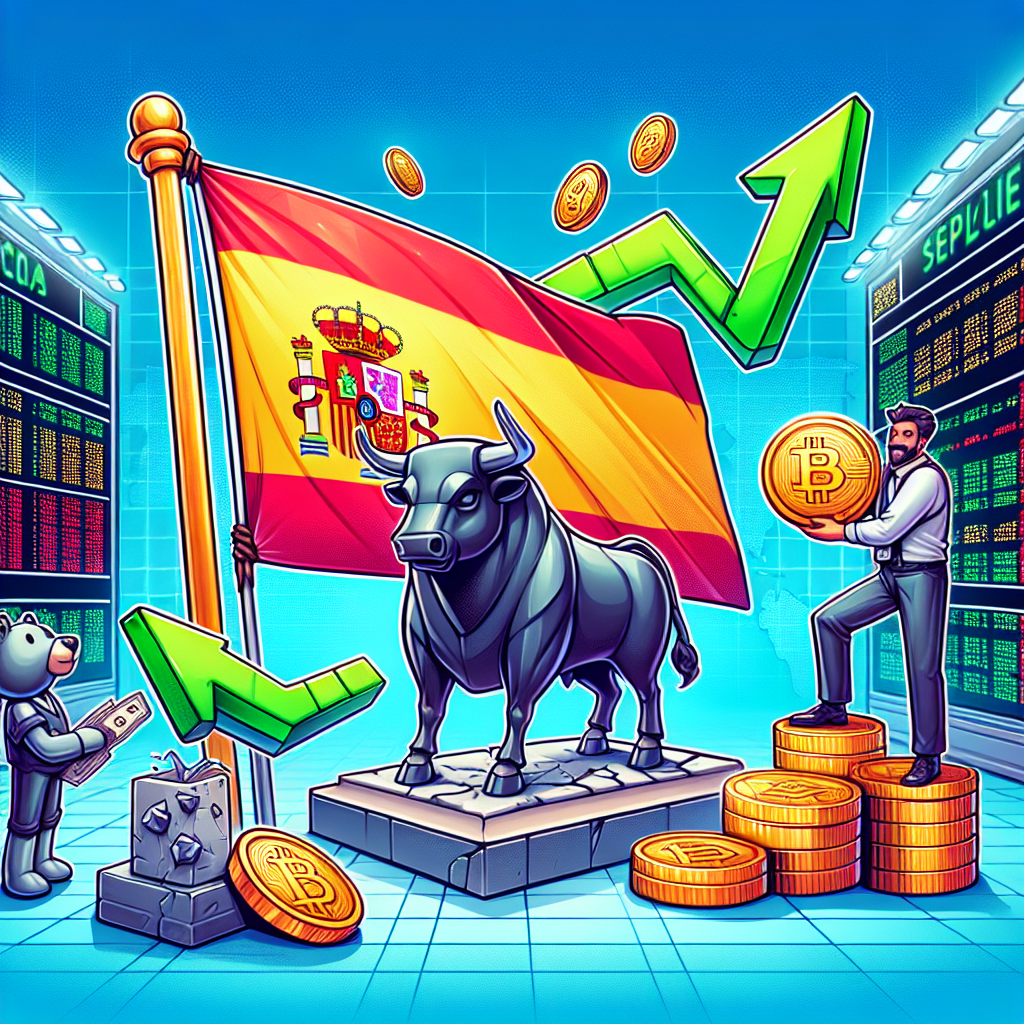Tag: Tokenization
Hunter Horsley, the CEO of Bitwise Asset Management, has provided his predictions on the fundamental transformations that he ...
In a forward-looking move that signals a new era in digital asset finance, Valora, a decentralized finance (DeFi) ...
The Spanish National Securities Market Commission (CNMV) has granted the first license to tokenize securities in the country. ...
The tokenization of real-world assets (RWAs) has become a hot topic in the global financial sector. The concept, ...
Tether Steps into the Realm of Tokenizing Tangible Assets In a recent announcement, Tether, the renowned issuer of ...








